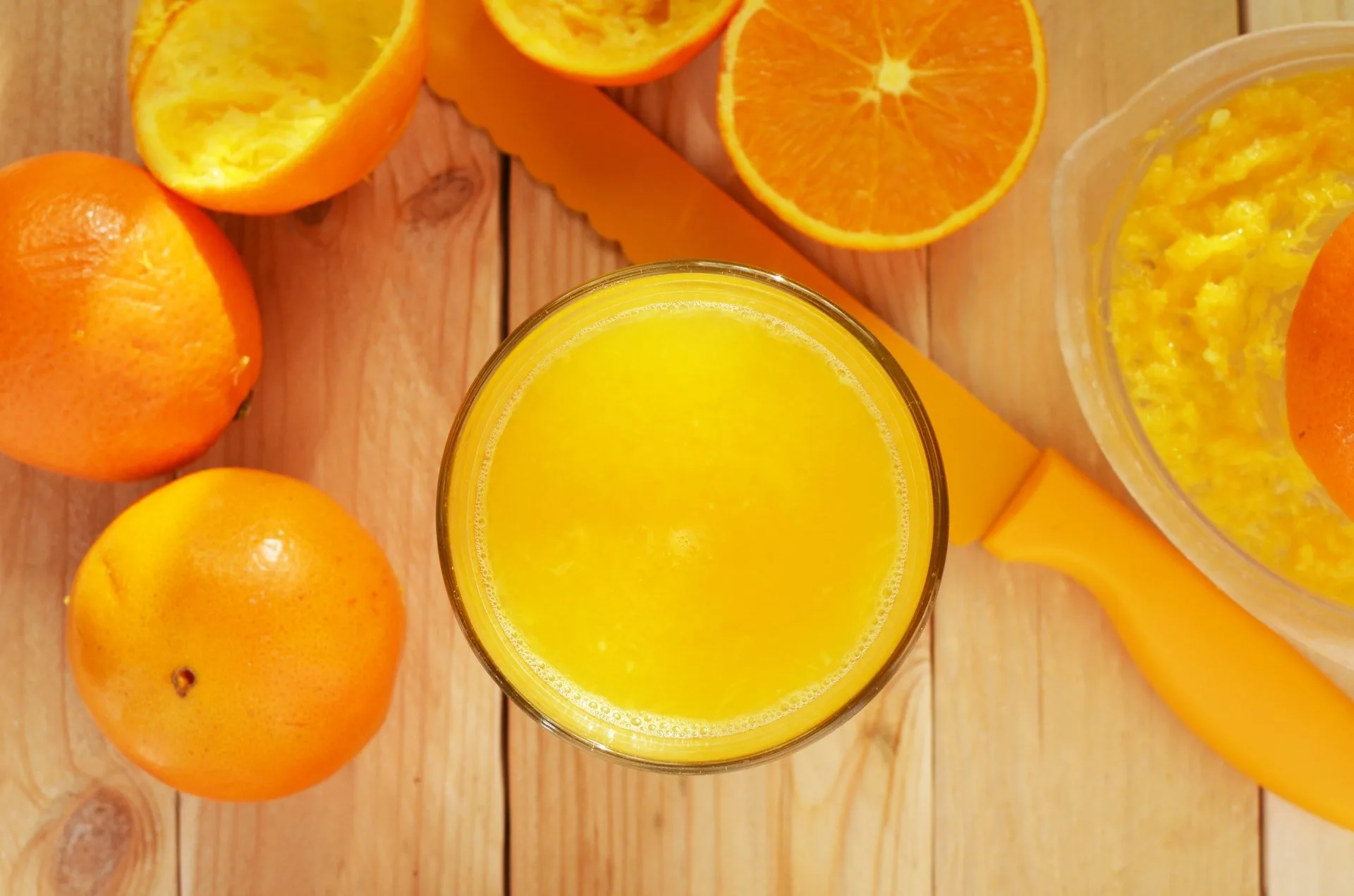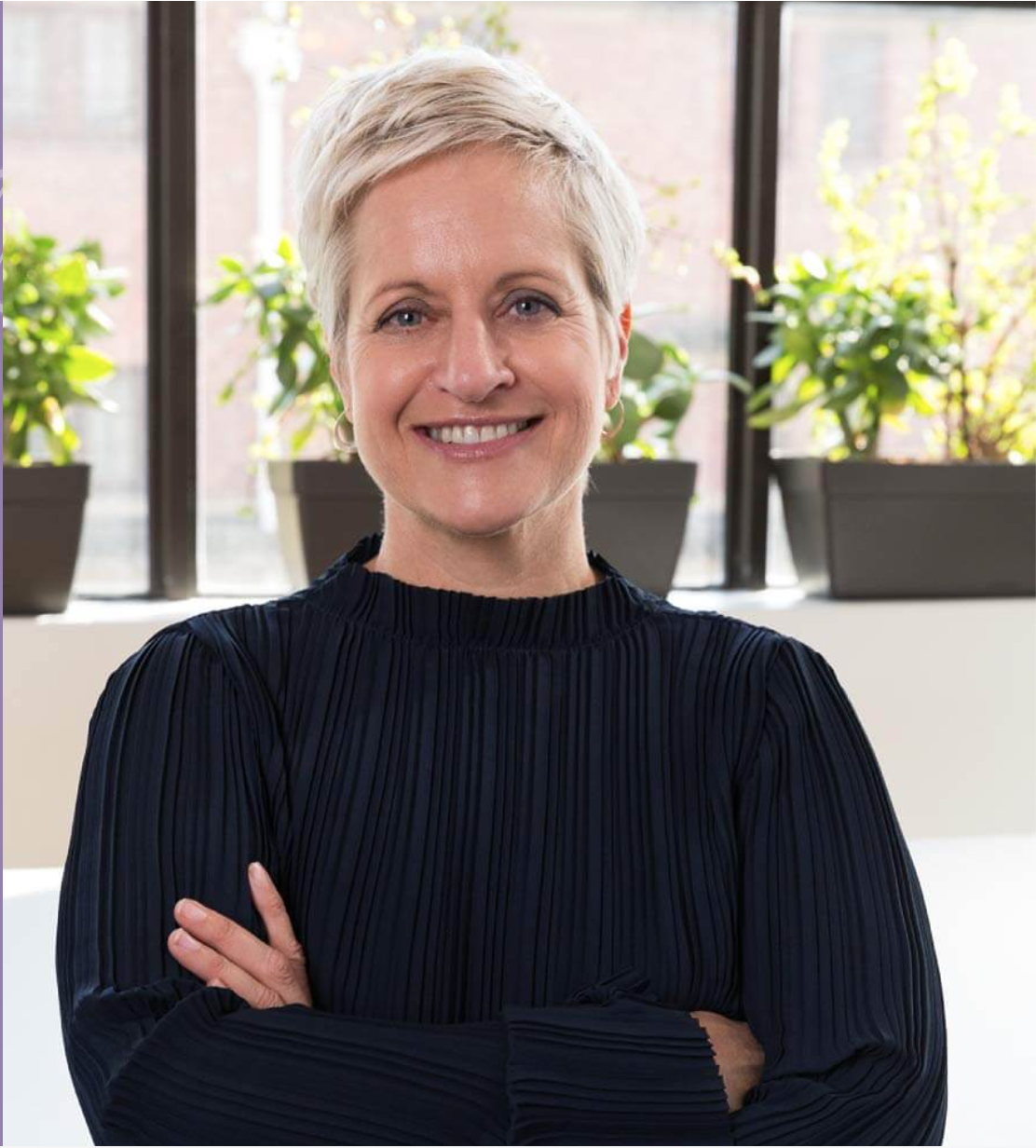How Does Your Immune System Respond?
We all respond differently to the world around us, which partly explains why some individuals get flu more often and take longer to recover. Understanding these differences in how our immune system responds has become ever more important as thousands of new coronavirus cases are reported daily.
While many are frantically turning to supplements such as vitamin C to protect themselves against the virus, there’s no bottle on a shelf that will do the job of truly building your immune system. Rather, the answer lies within each of us.
Pathogens On The Way
Our bodies have complex and sophisticated ways to deal with pathogens like the COVID-19 virus, or any other pathogens we may encounter. If we can support these processes with all the nutrients they need, we are not only able to decrease the likelihood that we will contract the virus, but if we do get infected, we can minimize the damage the virus can inflict. Our immune system can shut down the infection faster and more efficiently.

The three most important processes we need to optimize in our fight against COVID-19 are inflammation, oxidative stress, and detoxification.
Understanding the role our genes play can give us a powerful tool for staying healthy and boosting our immune system.
Inflammatory Genes
Inflammation affects every cell in the body. Viruses and diseases such as diabetes, obesity, cardiovascular disease, and arthritis all have inflammation at their core. However, it should be noted that not every inflammation can be felt.
This is what is called a low-grade inflammation. This means the inflammatory genes have been switched on and there is a low-level hum in the background called inflammation. When the body does that, it’s extremely damaging.
Consuming Healthy Fats
One of the problems with COVID-19 is that it switches on all our inflammatory genes with a very big hum. However, in many people, these genes don’t get switched off. This is why we are affected differently by the virus.

Consuming healthy fats such as olive oil and wild-caught fatty fish, such as salmon, helps to switch off these inflammatory genes.
Oxidative stress ad your immune system
When we breathe, move, or digest, we create free radicals – otherwise known as superoxides. These are like activated oxygen molecules that bounce around and knock against cell membranes or DNA, causing damage. This is known as oxidative stress.
It’s a very normal process. This is why we have enzymes that shut down the free radicals, so they don’t cause more damage than can be repaired. Sometimes, we can be exposed to things that will cause enormous amounts of free radicals in our bodies. This includes pollution, stress, a virus such as COVID-19, or a very poor diet.
In some individuals, the genes we have inherited mean that we aren’t as efficient at making enzymes that clear these free radicals. Foods rich in polyphenols include berries, pomegranates, tea, and olives. These foods can switch on genes that will help us neutralize free radicals.
Clearing Of The Body Toxins
Detoxification clears the body of toxins that are coming in from the outside. When viruses are killed in the body, they leave behind remnants, which need to be cleared. If left behind, they will increase inflammation and oxidative stress. By choosing foods such as broccoli, cauliflower, cabbage, garlic, and onions, we can switch on genes that will increase how efficiently our body is able to remove toxins.
Genetic testing can offer insights into how optimally each of these processes is functioning, and from this an action plan can be developed to boost our cellular defenders, using nutrition and lifestyle interventions such as exercise, meditation, and massage therapy.
Boosting these processes and to build up your immune system drives longevity too, helping the body heal itself. Also good for mental health and to overall calm your mind.

Dr. Yael Joffe
Who is the author?
As a dietitian who was both disappointed and disillusioned with the dietetics profession, Dr. Yael Joffe was fortunate enough to start working in the field of nutrigenomics in 2000. She obtained my Ph.D. from the University of Cape Town, exploring the genetics and nutrition of obesity in South African women.
She regularly speaks at conferences and workshops, tailoring her presentations to the translational needs of clinicians. She was part of the team that built the first Nutrigenomic genetic test in 2000 in the United Kingdom, three years before the mapping of the human genome.
Dr. Joffe has co-authored It’s Not Just Your Genes, The SNP Journal, and Genes to Plate – the first gene-based recipe book. She has also been published in peer-reviewed journals and has been involved in the development and supervision of nutrigenomics courses around the world. Dr. Joffe is currently an Adjunct Professor, teaching Nutrigenomics at Rutgers University and at the Maryland University of Integrative Health also known as MUIH.
She founded Manuka Science in 2014, an online Translational Nutrigenomics training course for health practitioners. More recently, she launched the 3X4 Clinic in Cape Town, and 3X4 Genetics. The clinic brings together expert nutrigenomic practitioners with the best genetic test and user experience.





![women [longevity live]](https://longevitylive.com/wp-content/uploads/2020/01/photo-of-women-walking-down-the-street-1116984-100x100.jpg)









